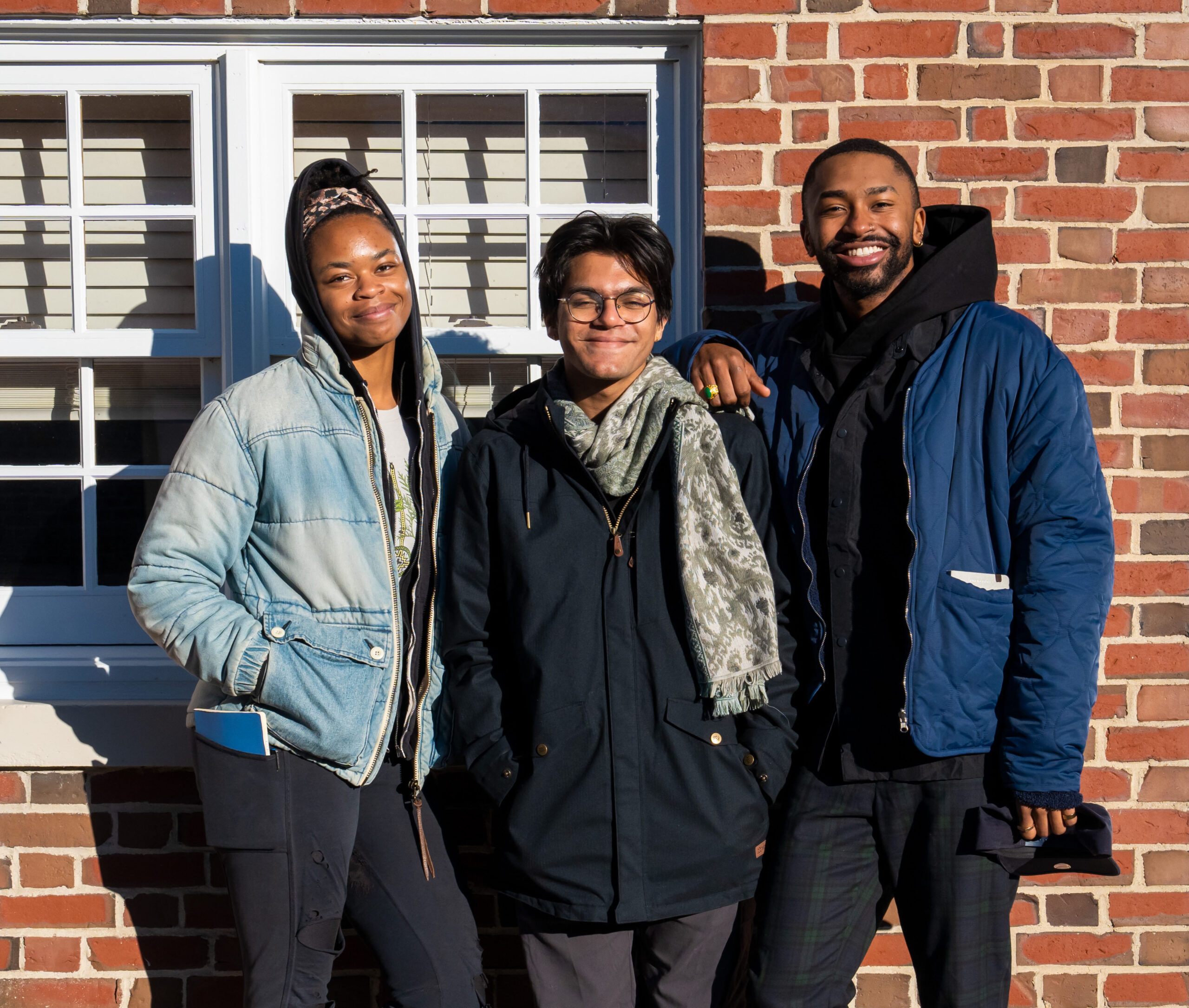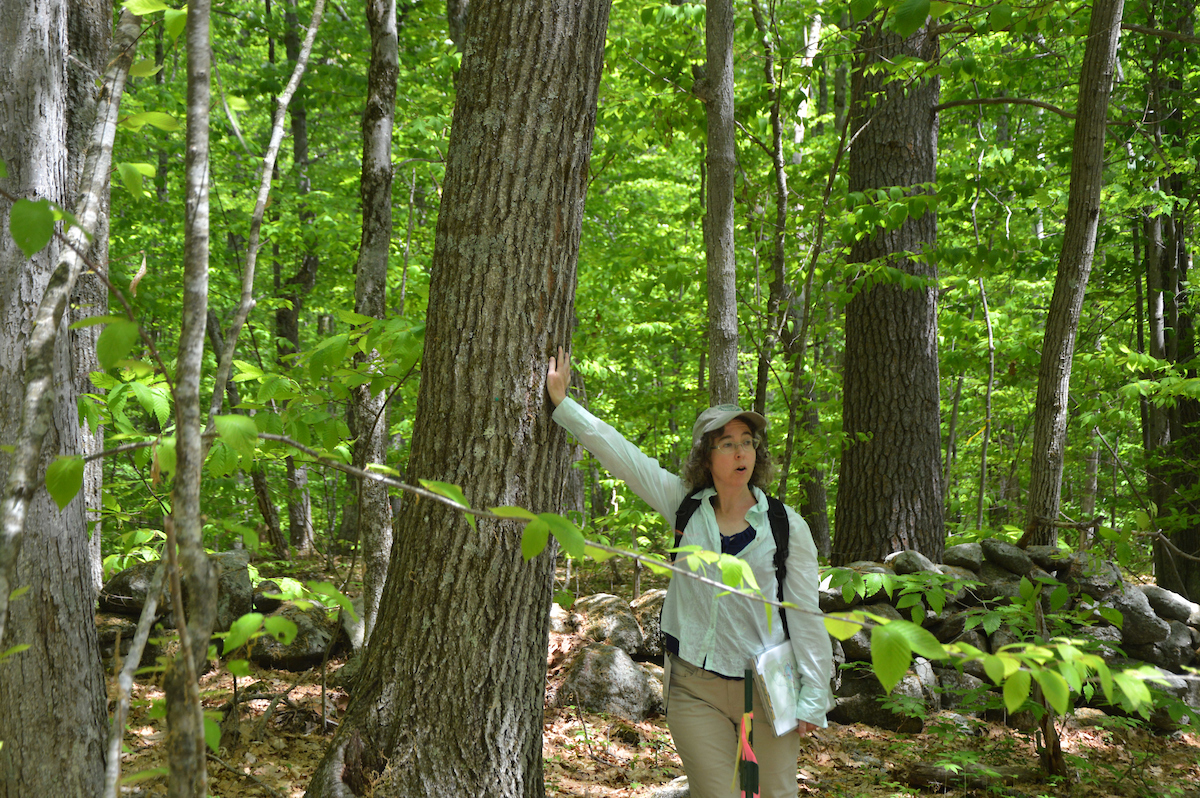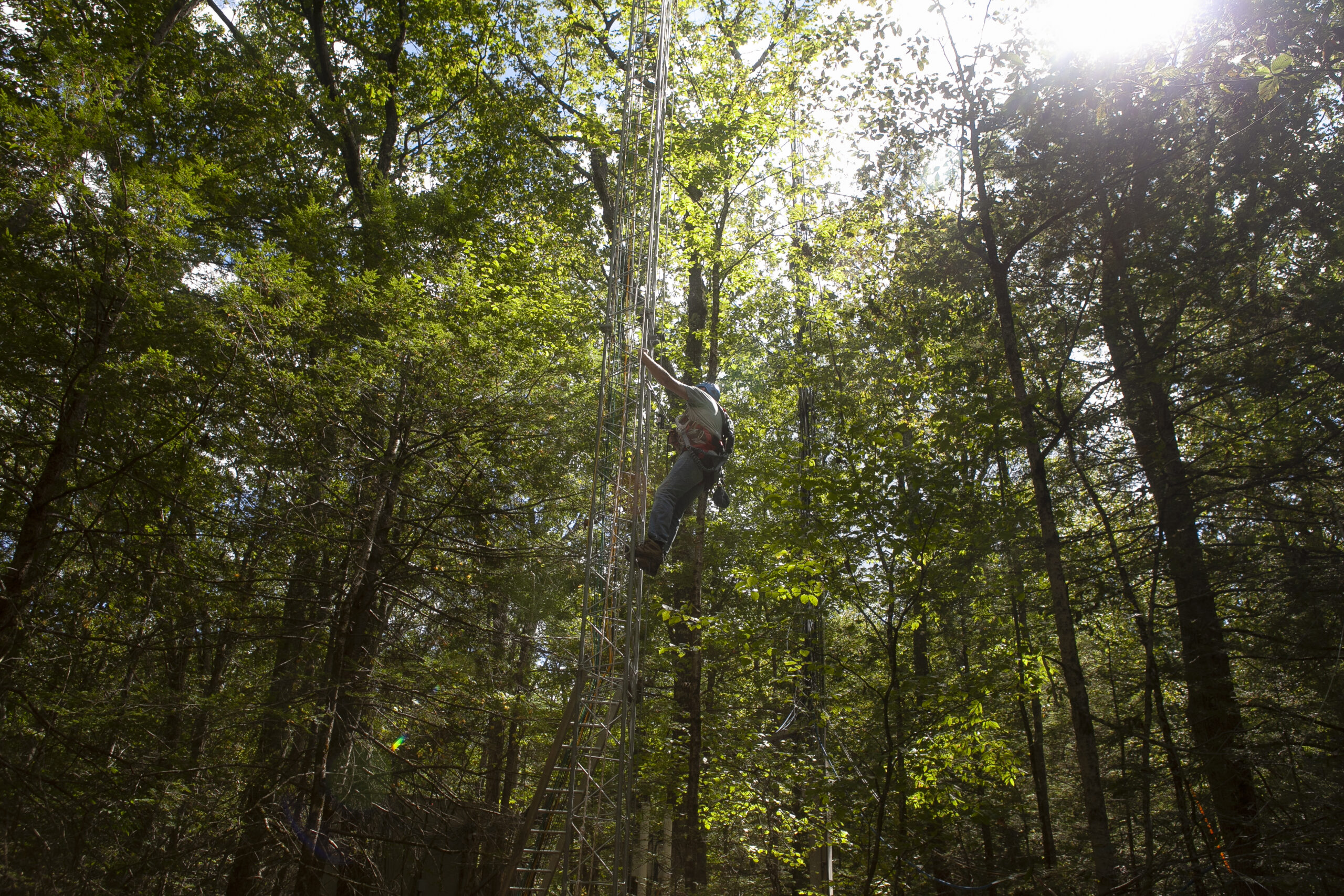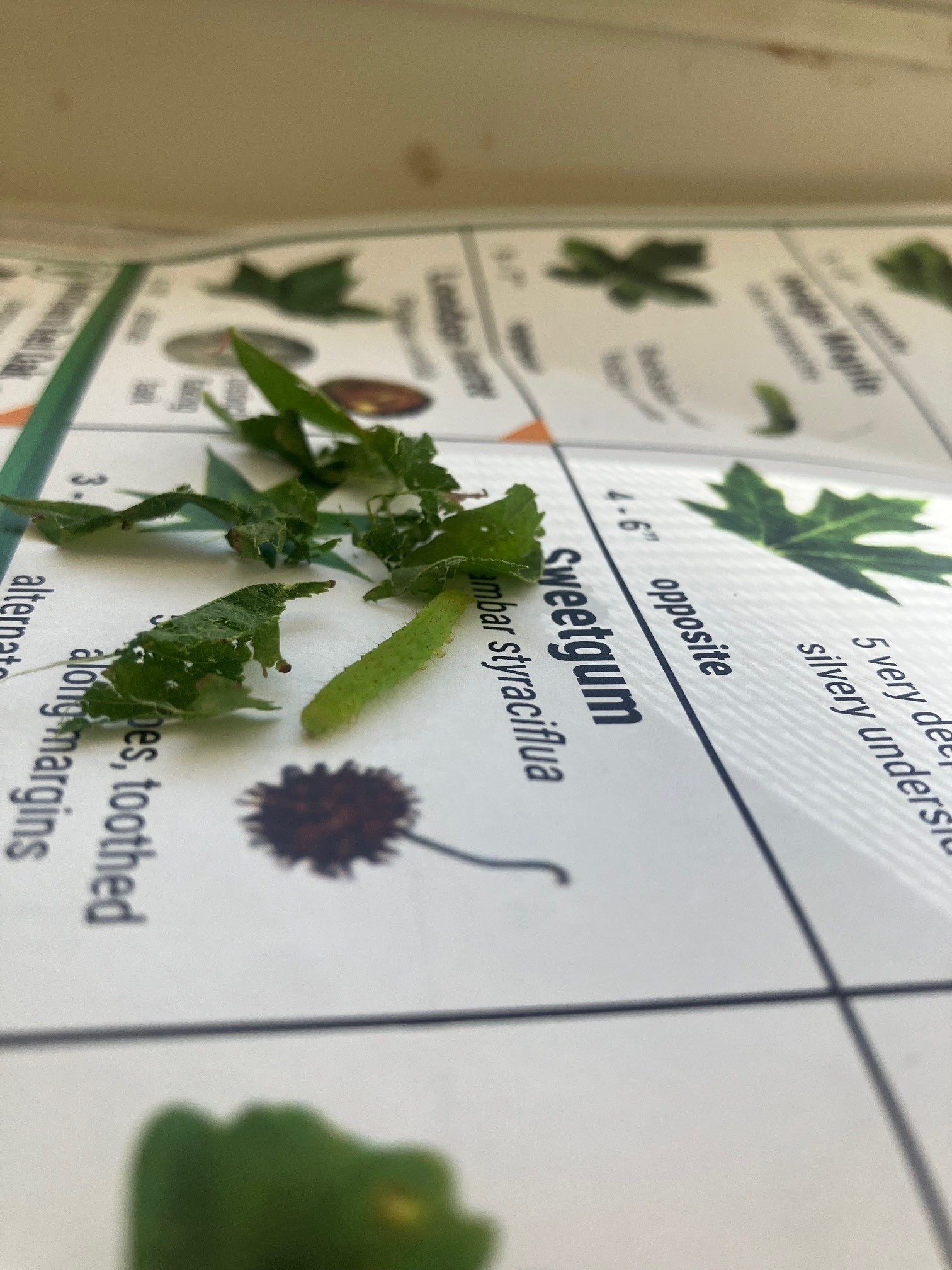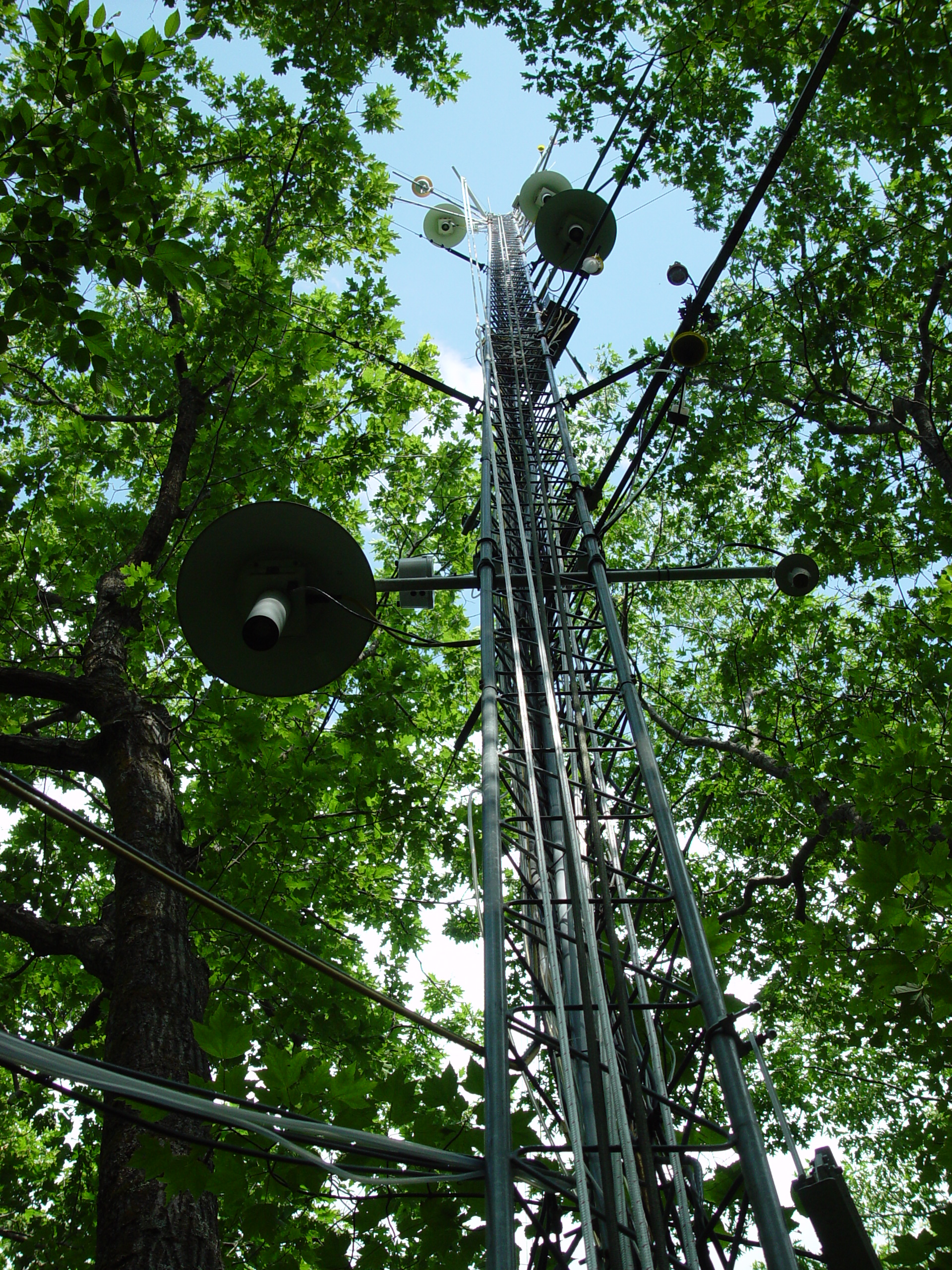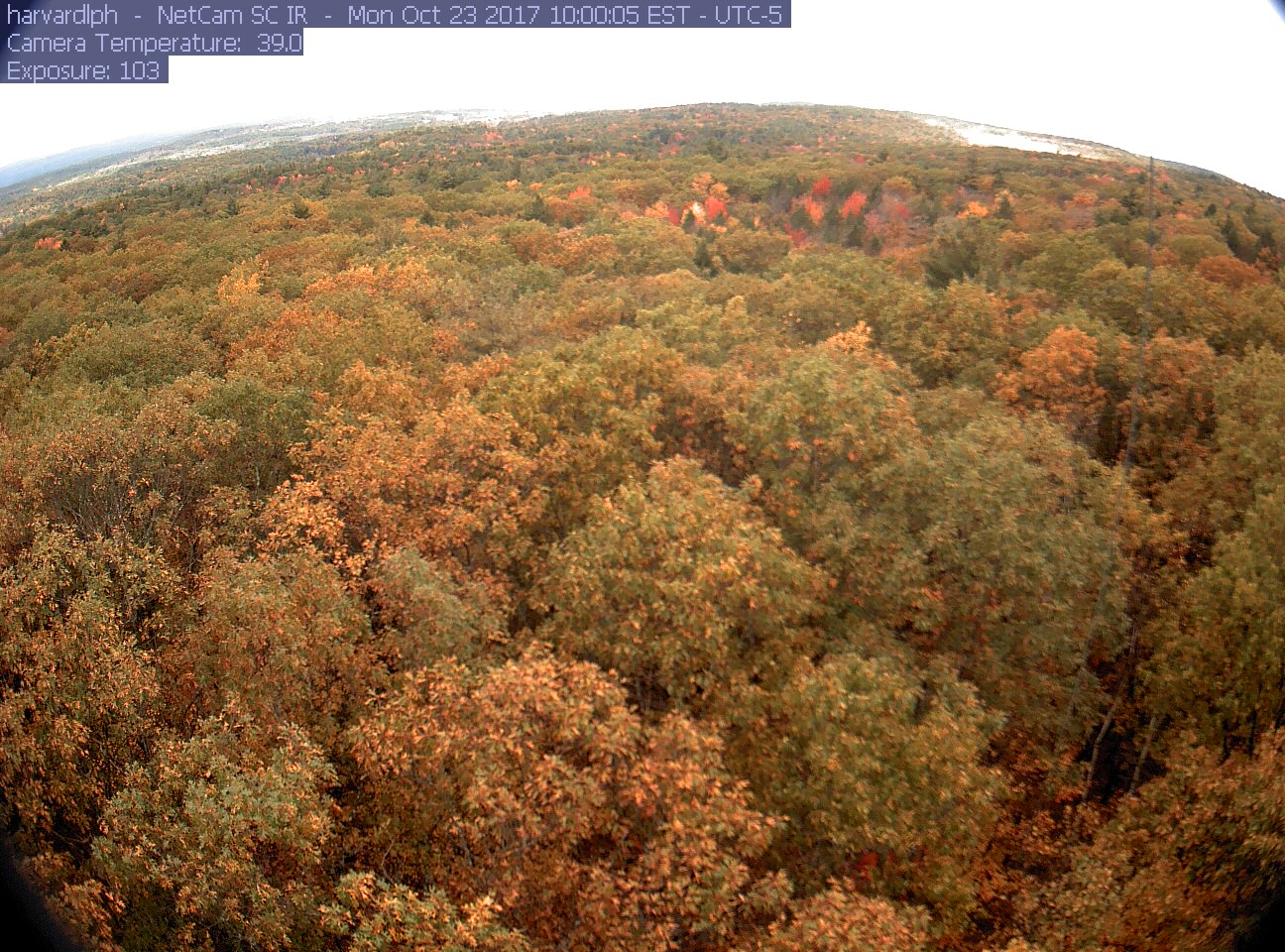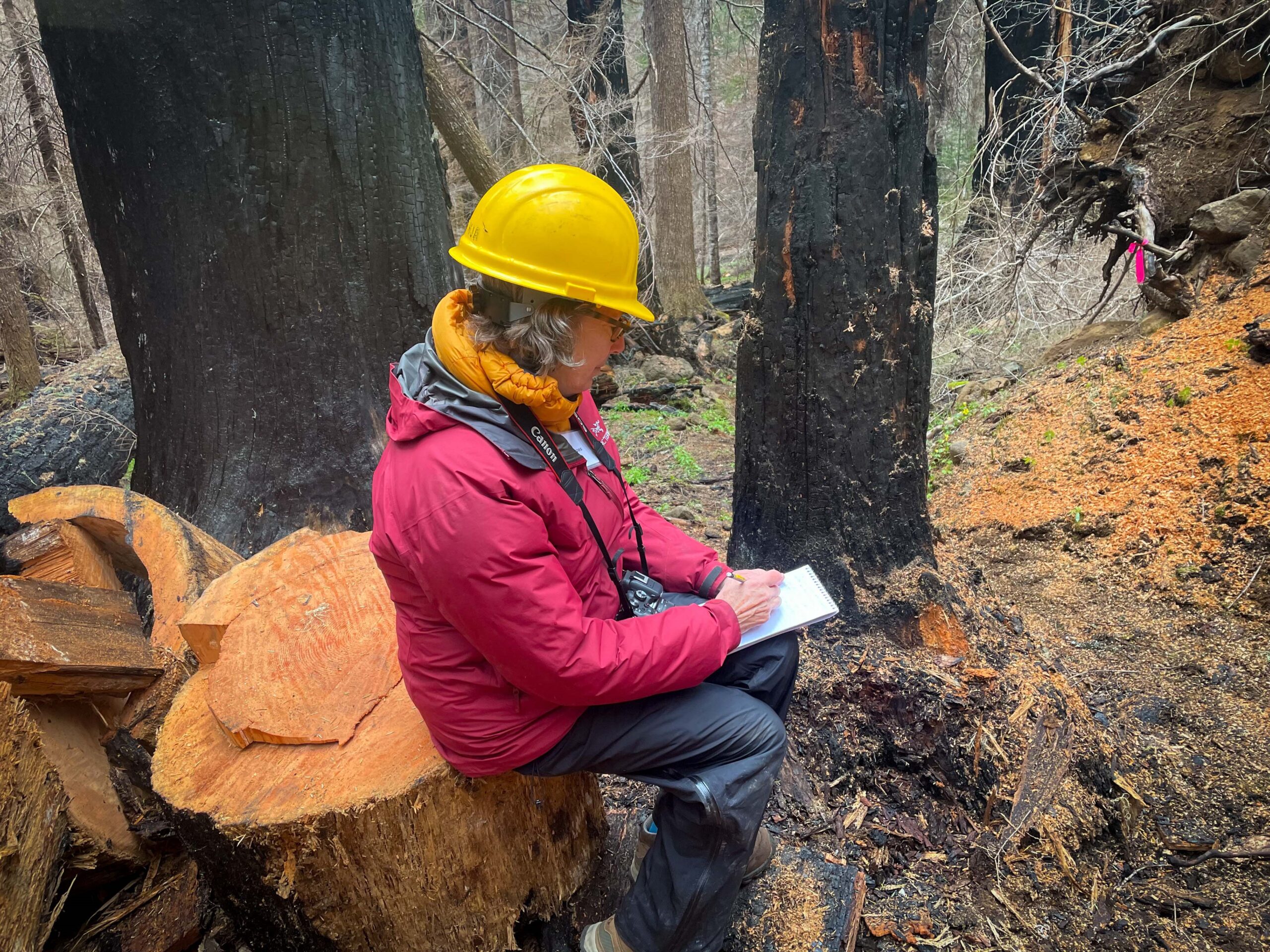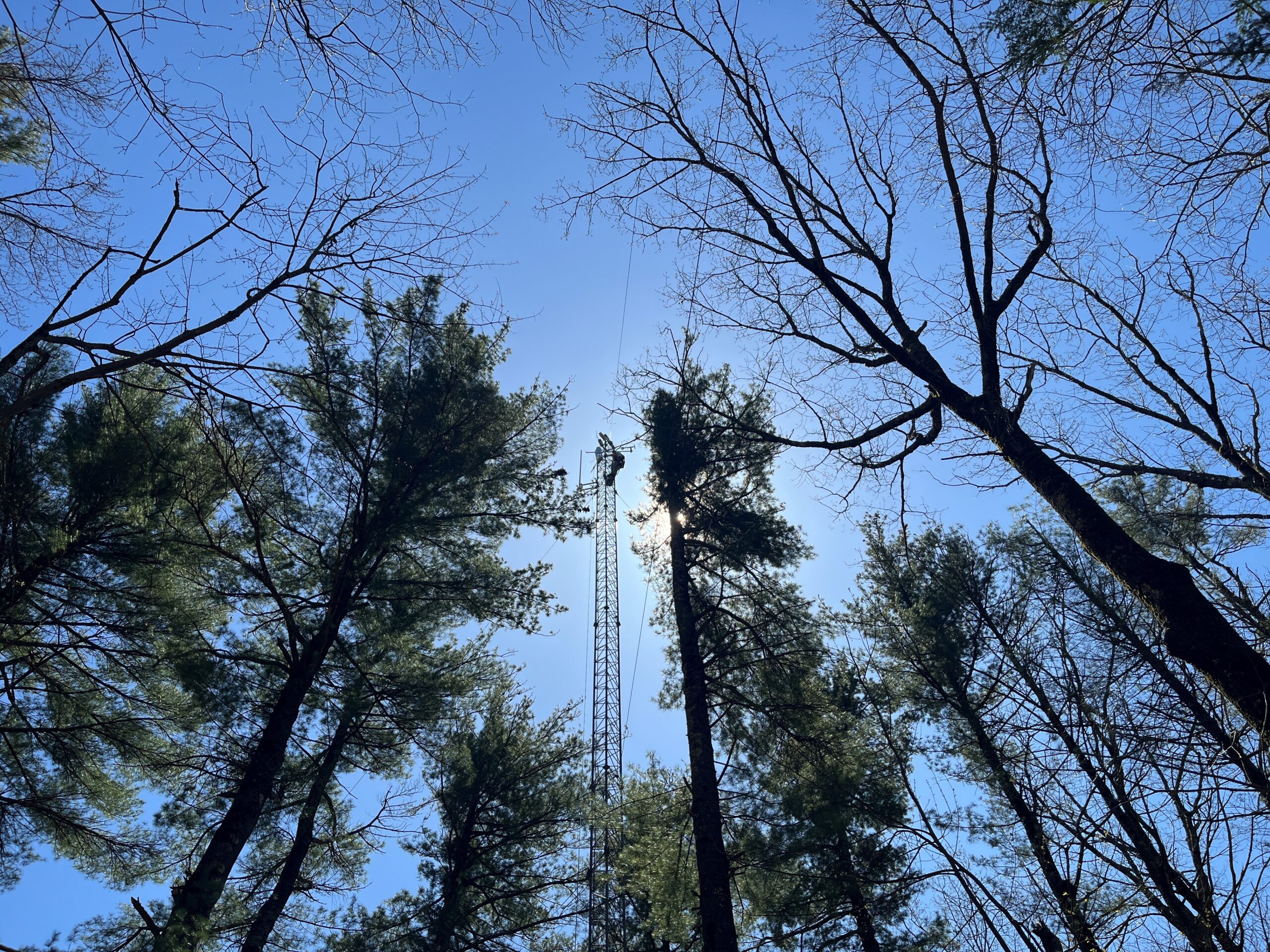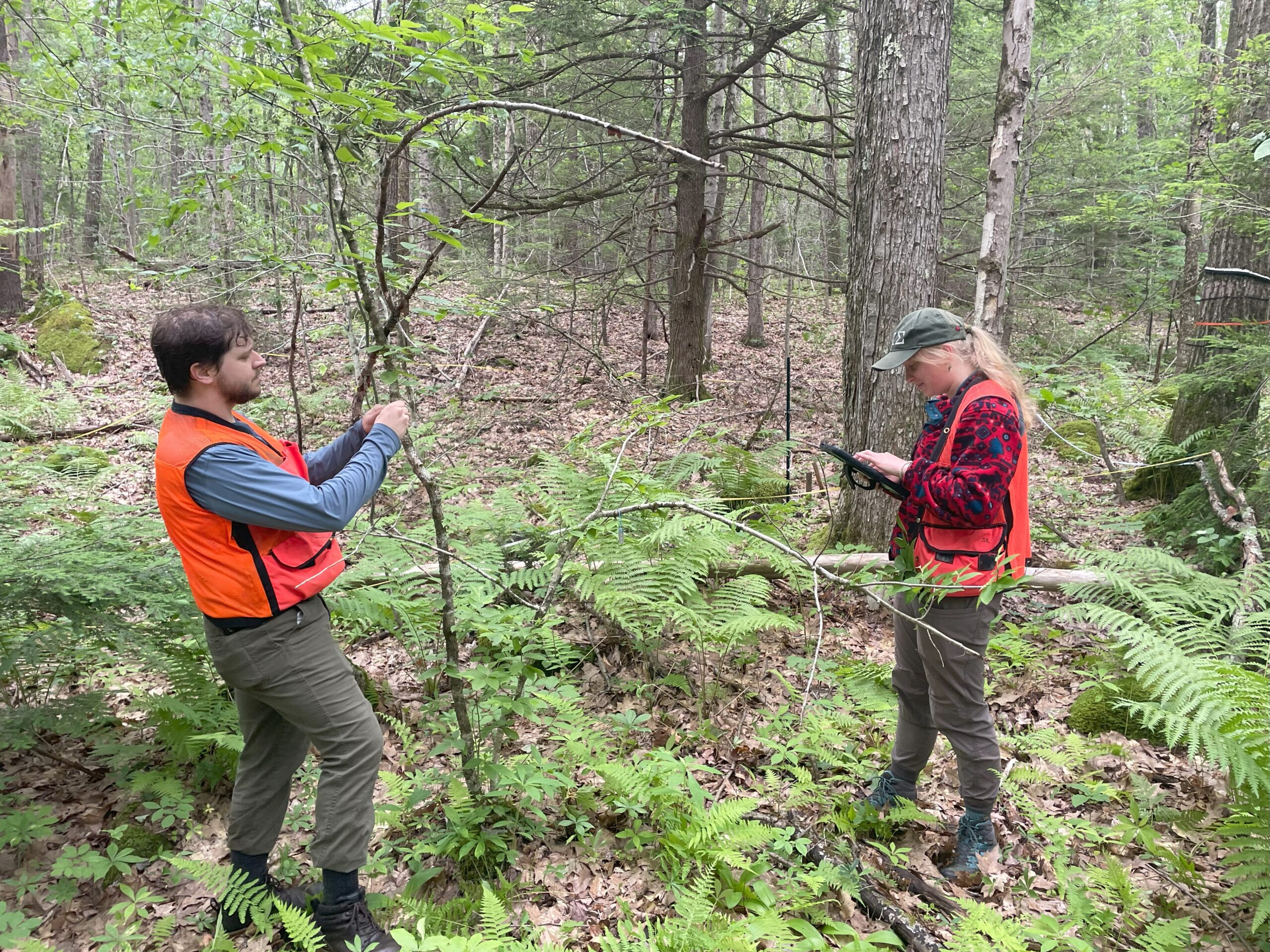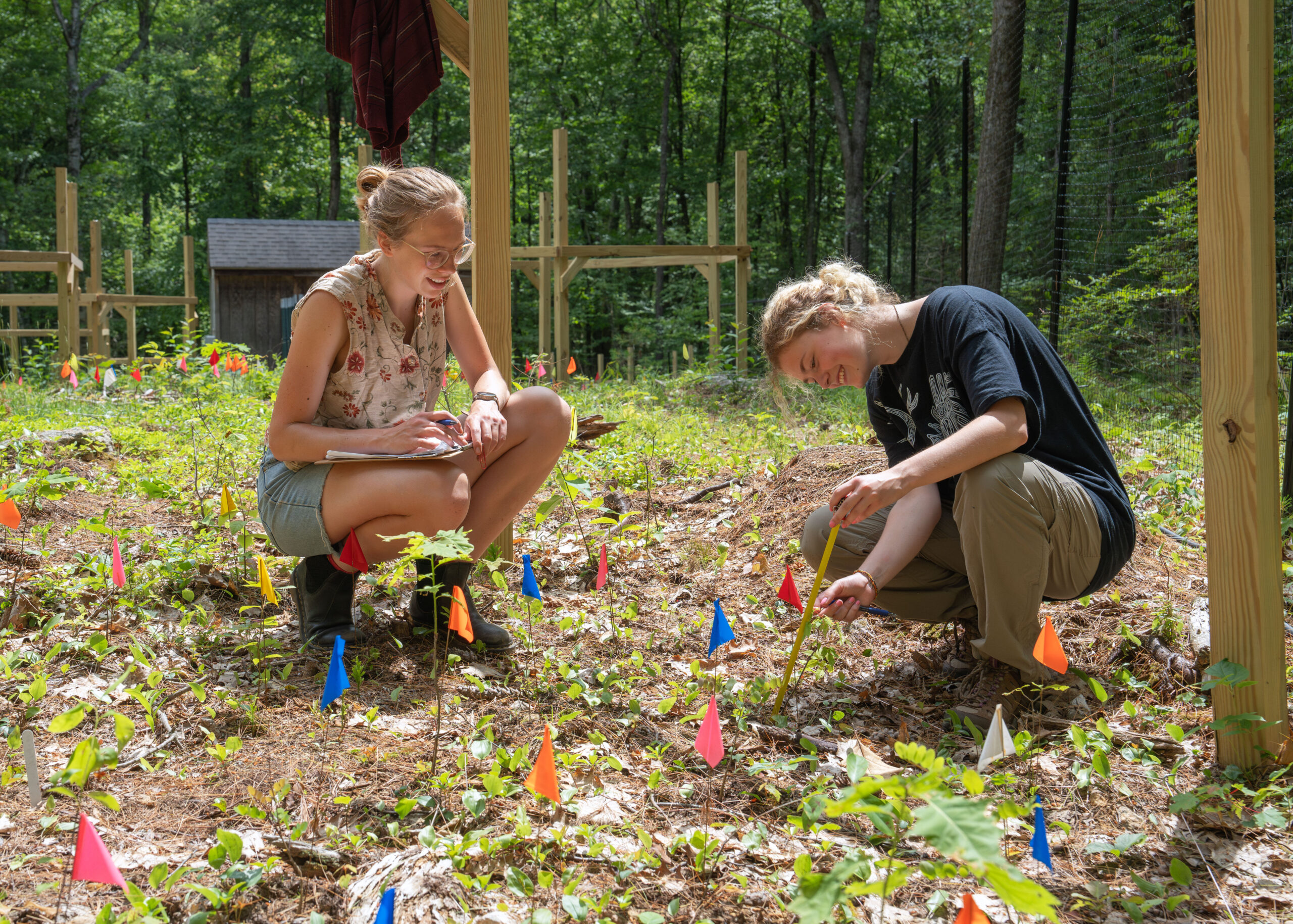March 2, 2026

For 35 years, the Harvard Forest has hosted an Annual Ecology Symposium to bring together research collaborators to share progress and develop synergies.
This year’s Symposium, themed New Perspectives on Temperate Forest Ecology, will be held March 12, 2026, in the Harvard Forest Fisher Museum and also streamed publicly online.
In-person registration is full, but you can still register (free!) for the Zoom webinar.
Photo by Terry Dugan.
